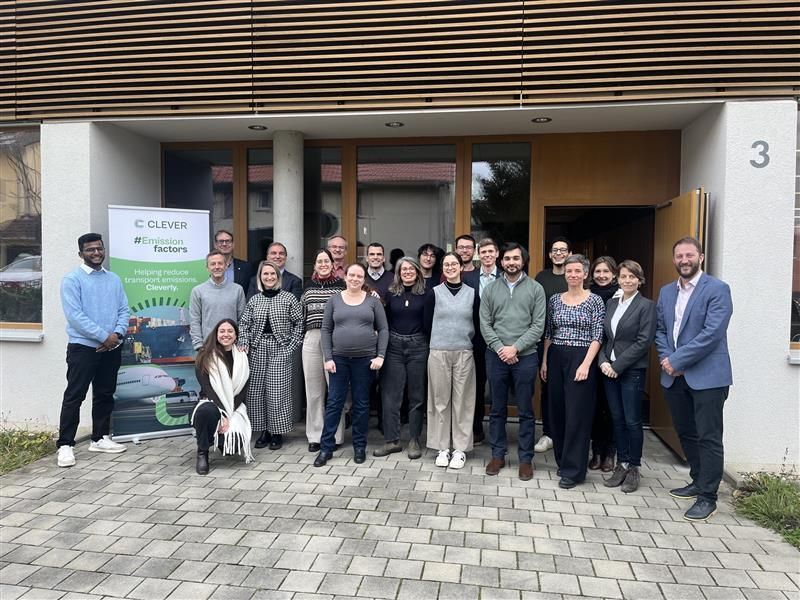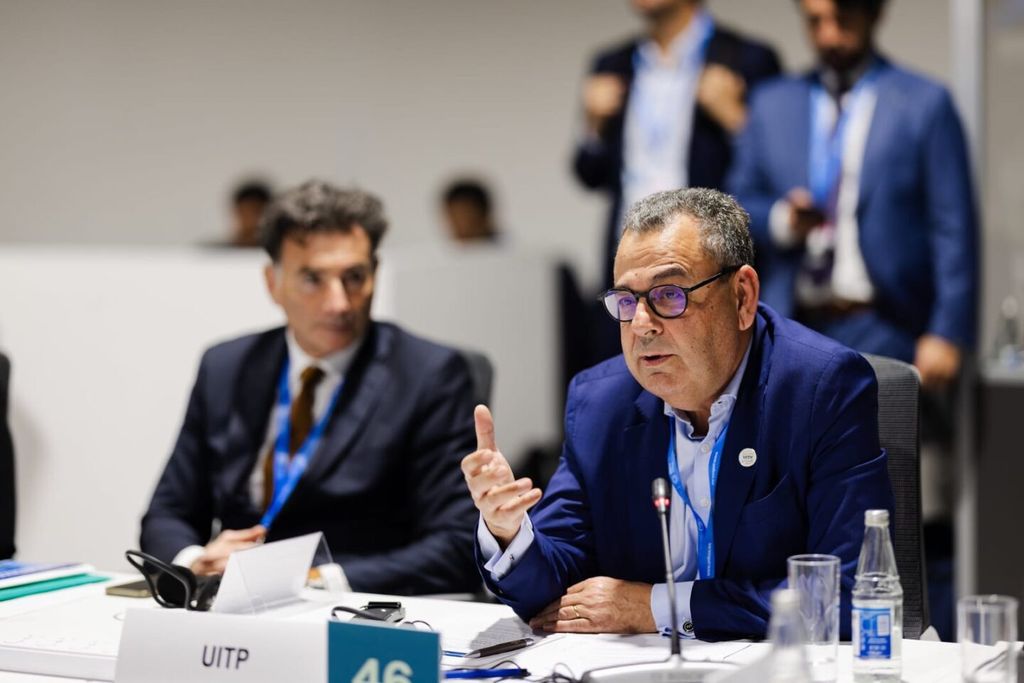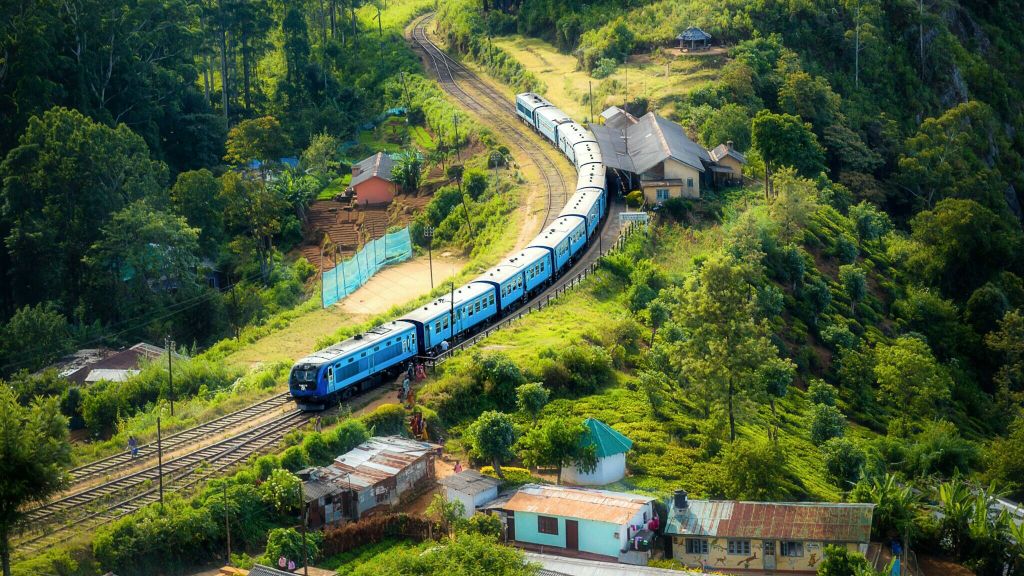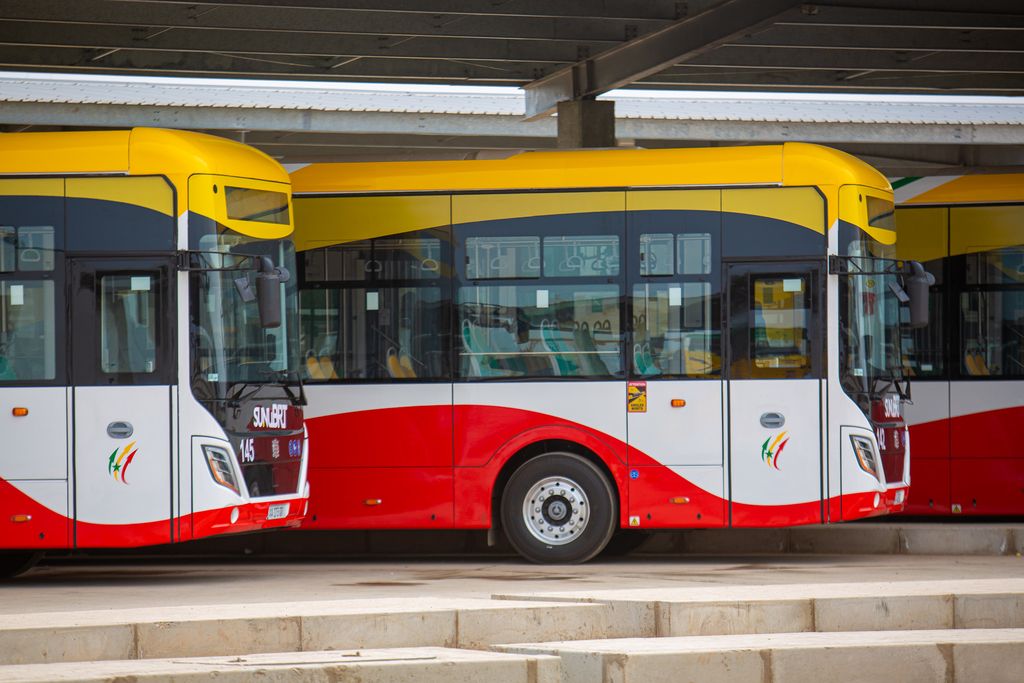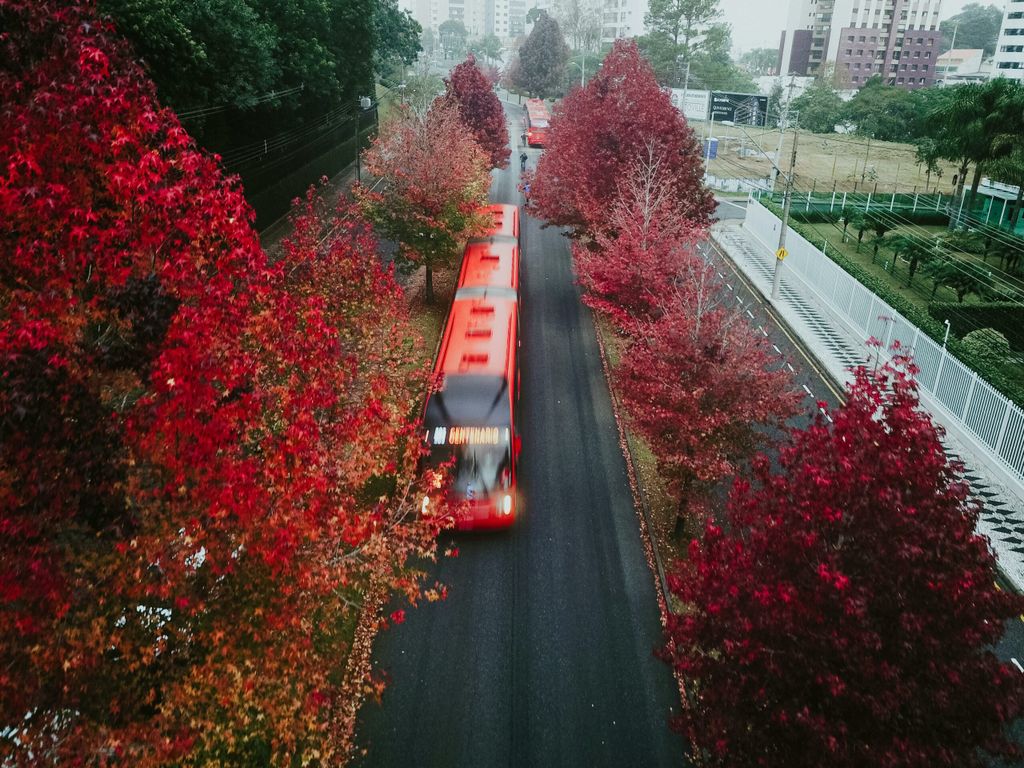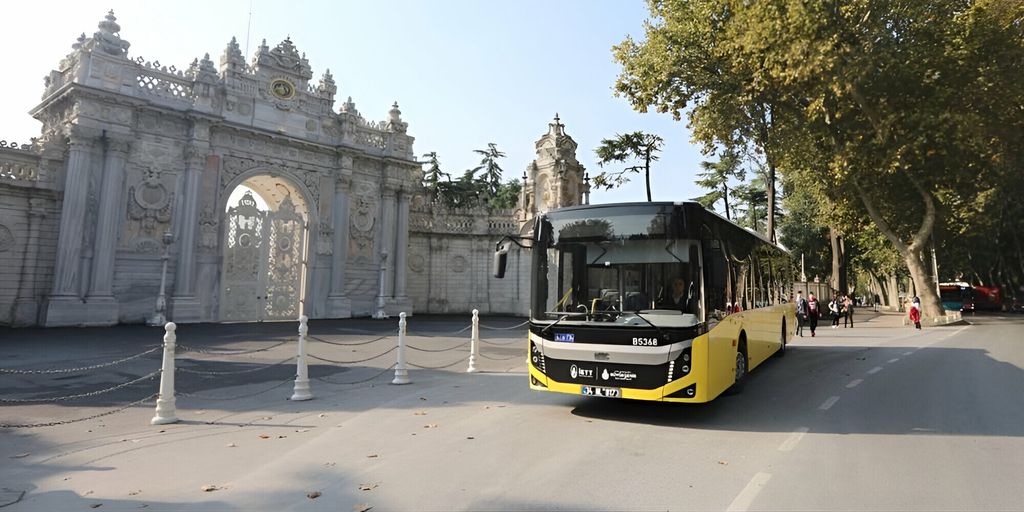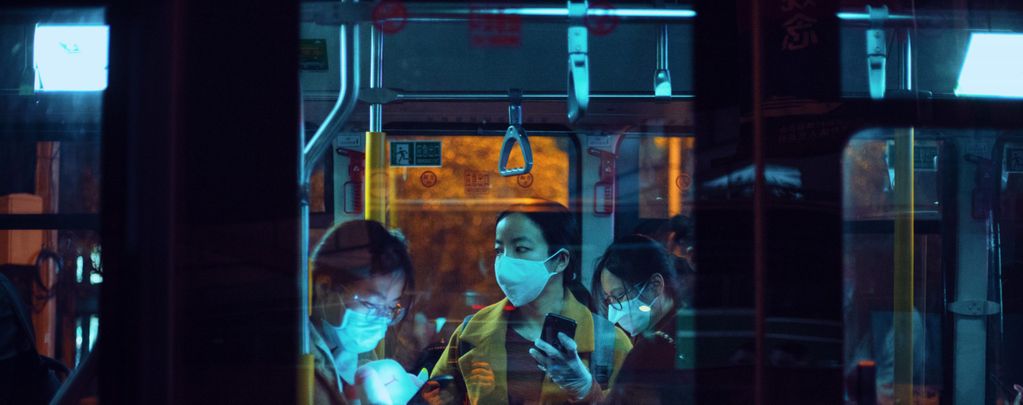
Bus operations in India: what has been the impact of COVID-19?
As the coronavirus pandemic continues to impact the global public transport sector, UITP and the World Bank have surveyed bus operators across India to better understand: what has been the impact of COVID-19 on operations?
Since 25 March, the Government of India has imposed a lockdown to contain the spread of the coronavirus outbreak – with public transport services limited to essential services only.
Our new Statistics Brief Impact of COVID-19 on Indian Bus Operators provides an overview on the specific challenges faced by the sector and practical solutions needed to address them.
The ban on operations during lockdown has caused significant financial losses to operators and it is predicted that when services resume, demand may not return to pre-lockdown levels due to the norms of physical distancing and passengers’ perceived risk of travelling.
As metros faced closure in India during the lockdown, the bus sector came to the rescue for the travel of essentials service workers. So where do buses stand now and going forward?
Responses were received from 27 bus operators covering government, private, urban and inter-city operations.
The operators covered include 14 State Transport Undertakings (STUs), two Government-supported urban bus contracting authorities and 11 private operators
70% of these operators are involved in urban buses, 56% in intercity bus service provision and 52% in rural buses.
The survey captured the key challenges which operators are likely to face during the resumption of services.
These challenges were segregated into four key areas: operational and service delivery, financial management, crew management related and fleet management related.
So what were some of the stand-out responses?
67% of operators are only operating special services for medical and essential personnel in response to government requests
90% reduction in ridership and 81% of operators have no ridership at all.
More than 60% operators believe that both demand and service levels will not be more than 50% of a pre-COVID situation.
While 12% of the operators believe that the service levels will resume to 75-100%, only 4% believe that that the demand will return to what it was before.
The survey captured the key challenges which operators are likely to face during the resumption of services.
These challenges were segregated into four key areas: operational and service delivery, financial management, crew management related and fleet management related.
“The bus sector is an important part of the public transport landscape in India and the changes brought on by the coronavirus pandemic means we must observe what has happened, and will happen. The objective of the survey was to derive insights that can inform ministries, state Governments and public transport agencies in developing a post-COVID response strategy that best addresses their needs”
Buses offer affordable access to livelihoods and services for the vast number of low and middle income families across India.
At the same time, buses also offer the most efficient means of mobility in regard to space, energy and emissions in highly dense Indian cities.
However, Covid-19 induced lockdown and additional measures such as physical distancing and frequent cleaning has put an additional financial burden on the bus operators which risks the long-term sustainability of the sector.
It is crucial to ensure the continuity of bus services as the lockdown comes to an end and the economic activities gradually resume: prioritising public transport in all Covid-19 response strategies is vital.
See our new Statistics Brief on the impact of COVID-19 on the Indian bus sector in full
Read our official press release here
Learn more about our activities in India by visiting our dedicated webpage!
Visit our dedicated webpage to discover all of our activities and services to support the sector throughout the COVID-19 response period.
become a member


